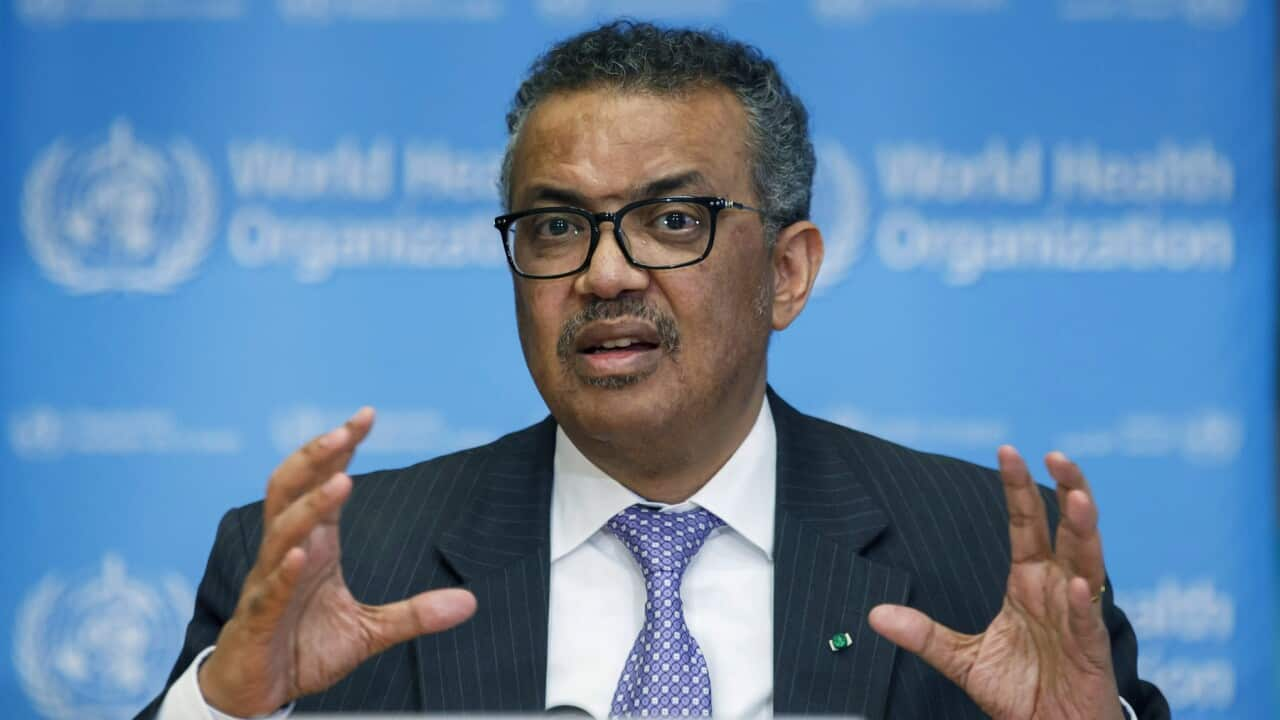Global coronavirus infections are up for the first time in seven weeks, says the World Health Organisation's Director-General Dr Tedros Adhanom Ghebreyesus.
"You remember that I reported the virus was on a decline for consecutive six weeks. But for the first time in seven weeks, we have a COVID increase. Reported cases increase in four of WHO's six regions: the Americas, Europe, South-East Asia and the eastern Mediterranean."
For those who hoped the COVID-19 pandemic was on its way out, WHO's Head of Emergencies Program Dr Mike Ryan had other news.
"I think it would be very premature and I think unrealistic to think that we are going to finish with this virus by the end of the year. But I think what we can - if we are smart - finish with, is the hospitalisations, the deaths and the tragedy associated with this pandemic."
Not over, but hopefully less intense.
Vaccination efforts are so far proving to reduce hospitalisations and deaths, at least.
With the vaccine-sharing COVAX program beginning in Africa, W-H-O's Chief Scientist Soumya Swaminathan says it's possible that the acute phase of the pandemic will pass by the end of the year.
"So, we know we cannot, you know, completely eradicate the virus by the end of the year, but we can reduce hospitalisations, deaths and severe illness. But we can only do that if people at risk around the world get the vaccine. And at this point in time, they are not."
"So, again, just to remind that that's what COVAX was set up to do. If we can share the vaccines we have, equitably, to vaccinate the 20 per cent of the population, you know approximately, that are at high risk of getting severe illness and death, we can stop those bad outcomes from happening."
To hear the full audio, please click on the audio player above.




